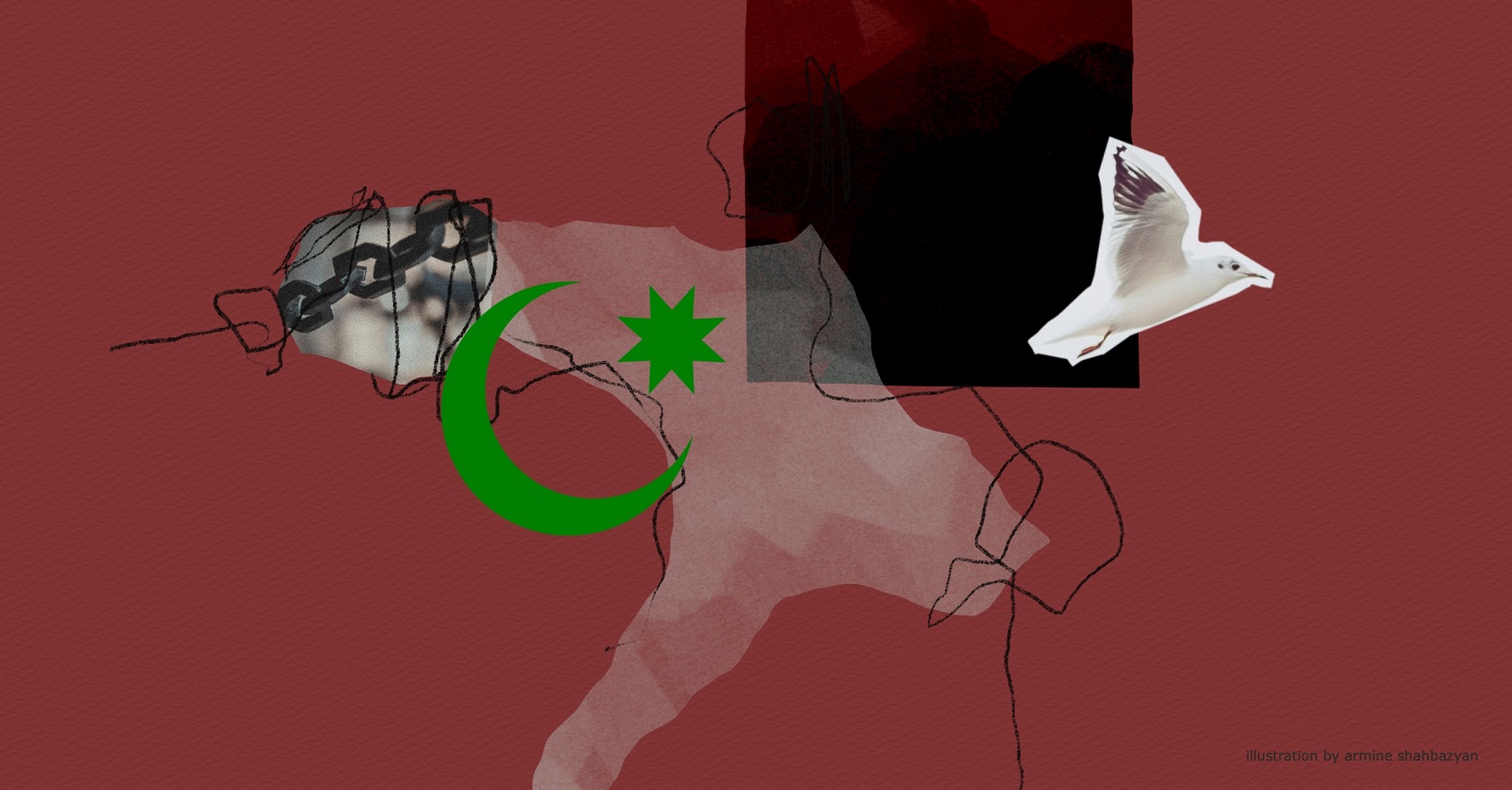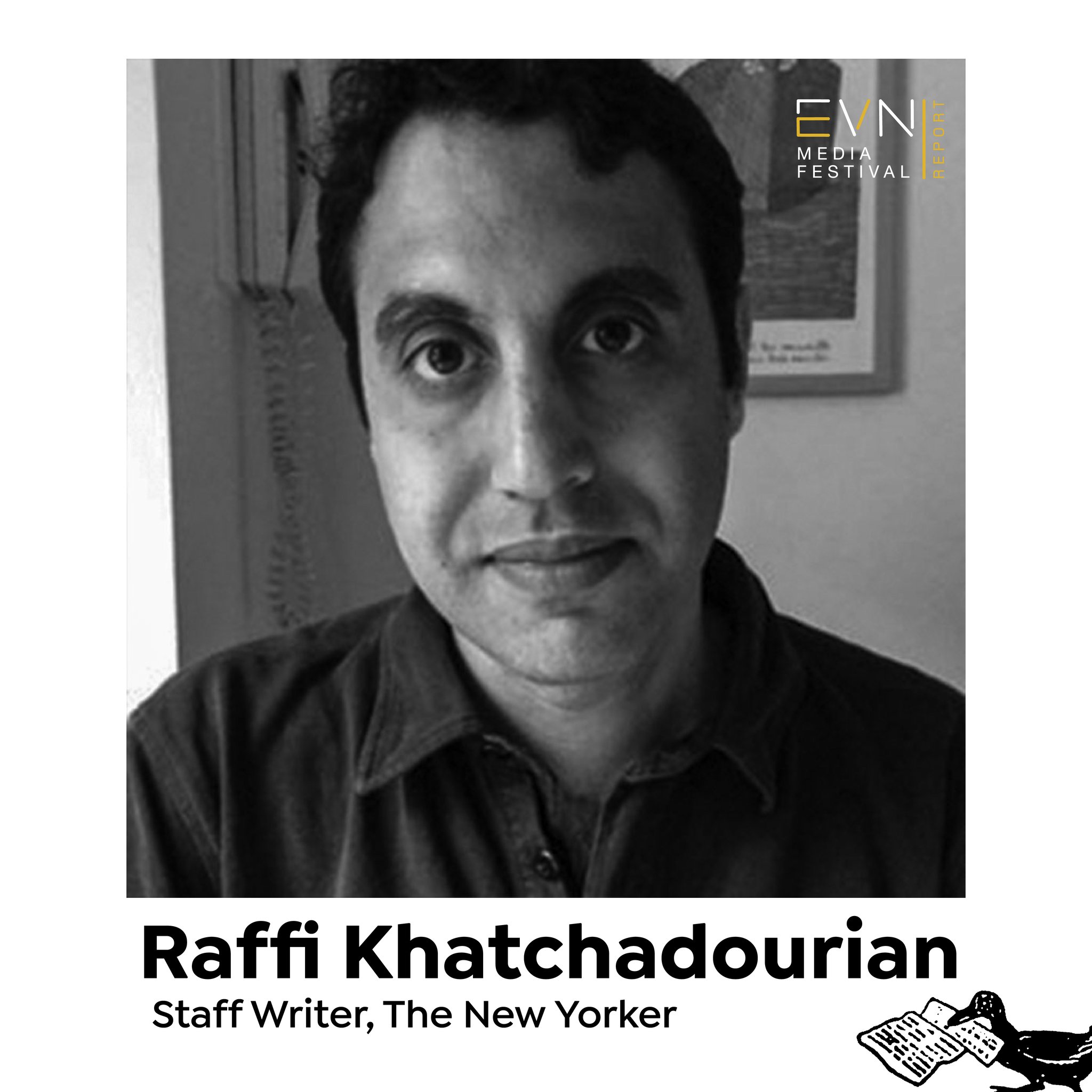
Listen to the article.
On March 8, 2024, Baku hosted the international conference “Embracing Diversity: Tackling Islamophobia in 2024.” In his speech during that conference, Aliyev stated: “Unfortunately, certain Western institutions that also portray themselves as democratic are engaging in anti-Islamic activities. Today, the European Parliament and the Parliamentary Assembly of the Council of Europe have become platforms that promote Islamophobia and pursue policies based on this ideology.”
This message is another example of Azerbaijan’s policy that targets both the Parliamentary Assembly of the Council of Europe (PACE), European institutions, and the collective West, accusing them of Islamophobia. This troubling trend was explicitly highlighted by the Azerbaijani state, including officials, members of parliament, as well as the entire propaganda machine, when PACE decided on January 25 to suspend the credentials of the Azerbaijani delegation for a year.
The effort to portray the West as Islamophobic began much earlier and only gained new momentum following PACE’s suspension decision. For instance, in October 2023, Azerbaijan’s Milli Mejlis, responding to the European Parliament’s resolution “on the situation in Nagorno-Karabakh after Azerbaijan’s attack and the continuing threats against Armenia,” recommended “that the European Parliament busy itself with addressing the issues of the Islamophobia and antisemitism rampaging all over Europe…” This statement was just the start of a more extensive and calculated propaganda campaign.
Immediately following PACE’s decision, the head of the Azerbaijani delegation responded: “Nobody in the world, including those sitting in this hall, can speak with Azerbaijan in the language of threat and blackmailing… In the face of the current unbearable atmosphere of racism, Azerbaijanophobia and Islamophobia in PACE, the delegation of Azerbaijan decides to cease its engagement with and presence at PACE until further notice.” The statement also claimed that the resolution was instigated by France and was based on false information, primarily provided by anti-Azerbaijani, Islamophobic parliamentarians. This reaction marked a more structured propaganda campaign within the broader Islamophobia narrative against the West and Europe.
Following the PACE decision, it appears that some Azerbaijani MPs didn’t just criticize certain members of the Council of Europe, but labeled them as “fascists”. Azerbaijani MP Fazil Mustafa stated in an interview: “PACE behaves as an organization that wants to teach wisdom to Azerbaijan… At the same time, there are many people with fascist tendencies. One of them is Schwabe; he is a typical fascist. He has a political understanding based on hatred for Azerbaijan and Islam. Additionally, individuals like Schwabe are actually engaged in activities detrimental to PACE’s reputation․..”.
Frank Schwabe is a PACE deputy from Germany and one of the well-known and active members in the Parliament from the Socialist party. He openly criticized Azerbaijan when it challenged the credentials of PACE’s delegation. Subsequently, he was targeted and labeled not only a “fascist” but also a “clown” and a “loser.”
To date, PACE’s decision is the only tangible action the West has taken regarding Azerbaijan’s conduct. This conduct includes ignoring appeals concerning political prisoners and human rights abuses, as well as aggressive actions and the forced expulsion of ethnic Armenians from Nagorno-Karabakh. This has caused reputational issues for Azerbaijan’s leadership, both domestically and internationally. To mitigate this situation and push back against PACE, Aliyev chose to use the religion card, falsely claiming the decision was due to “Islamophobia”. This harmful propaganda targets not just PACE but the West overall, while also providing cover for the dictatorial regime in Baku.
How the West is Portrayed by the Regime
Azerbaijan, known for its authoritarian system, has a long-standing history of targeting the West and democratic institutions. This demonization has intensified, particularly following the ethnic cleansing in Nagorno-Karabakh. On one hand, it aims to isolate the West from regional processes –– a tactic that might be favored by Moscow and could potentially help Aliyev alter the previous Western negotiation structure between Armenia and Azerbaijan. On the other hand, it serves as a powerful tool to deflect objective criticism and evade accountability for what happened in Nagorno-Karabakh and for the serious internal problems within Azerbaijan.
It seems that the West frequently becomes a target in Azerbaijan’s state media. For instance, in March, Azerbaijan’s state TV aired a program that depicted the Western value system as ”promoting gay marriages”. It also asserted that the West is deliberately provoking the situation and undermining Russia’s regional interests. In February, the AZ TV channel blamed the West for “turning the region into a polygon [military testing ground].” Concurrently, the program quoted Russian Ministry of Foreign Affairs spokesperson Maria Zakharova, who criticized the West and urged Armenia to return to the Russian negotiation format.
Azerbaijan’s government policy is perfectly articulated through its state media channels. Ideas and plans that Aliyev cannot openly discuss are presented to the local audience in their native language. Certainly, there are several layers to the anti-West propaganda, with Islamophobia appearing to be highlighted as one of the most essential.
Reviewing the response of the Milli Majlis of the Republic of Azerbaijan to the European Parliament’s Annual Report on the Implementation of the Common Security and Defence Policy of February 28, 2024, we find allegations against the European Parliament of having an “Islamophobic mindset, chauvinism, and racialist ideology.” This serious assertion by Azerbaijan is part of a much larger anti-West campaign, which is often insufficiently understood and analyzed by Western partners.
Why Are All Islamists Framed as Drug Dealers or Spies?
Ironically, while Baku now appears keen on addressing global Islamophobia, it has long restricted religious freedoms at home. For over a decade, Azerbaijan has led extensive campaigns against Islamic organizations.
The relentless assault on religious individuals reached its peak in 2015, when “a special security operation” in Nardaran, a conservative Shia village on the outskirts of the capital, police arrested 15 men. The authorities claimed “they averted religious rebellion by fanatic Shia believers, whose goal was to install a sharia state in modern, secular Azerbaijan.”
In the subsequent weeks, as outraged residents took their grievances to the public square, the standoff with the authorities continued. This resulted in the arrest of at least 70 people. Many were eventually released except for Taleh Bagirzade, the chair of the Muslim Unity Movement, and 14 others. Two years later, Bagirzade received a 20-year prison sentence.
The country’s religious intolerance, which affects both Christians and Muslims, has drawn increased attention from various watchdog organizations. In January 2024, the United States included Azerbaijan on the Special Watch List “for engaging in or tolerating severe violations of religious freedom.” This decision was based on a recommendation from the U.S. Commission on International Religious Freedom’s (USCIRF) annual 2023 report.
Despite Baku’s criticism of the U.S. report, the reality on the ground paints a different picture. In February, Meydan TV, a non-profit Azerbaijani media organization based in Berlin, reported a new wave of arrests targeting religious believers. According to Meydan TV, dozens of believers were arrested in both the capital and various regions. The report also noted that human rights defenders have documented over 500 cases of religious believers’ arrests in the past year and a half. Many of those arrested were charged with drug-related offenses. However, these individuals maintain their innocence, asserting they were falsely accused and unjustly punished. The report also mentioned that 67 members of the Muslim Union Movement are currently imprisoned.
Many believers in Azerbaijan have been arrested under false drug-related accusations or alleged spying. Arzu Geybullayeva, a prominent critic of the Azerbaijani leadership, highlights in her piece that the same approach is used in virtually all other cases in which the government has cracked down on civic groups and activists. Last year, the government claimed that the U.S. and France were operating a spy network in Azerbaijan, without any evidence.
Despite these allegations of espionage, none of the arrested individuals were charged with spying, but with drug-related offenses. Drug possession charges are often used against religious followers and government dissenters.
A family member of detained religious adherents commented to Meydan TV, stating: “Firstly, if so many citizens of one state are labeled as spies of another state, as they have claimed, then it reflects poorly on that state itself. Secondly, are they suggesting that there are so many religious drug addicts and drug dealers? Can it really be that absurd?”
The religious card is nothing but a facade used by Azerbaijan’s leadership to silence critics and conceal human rights abuses. The country’s profound record of religious intolerance is evident in its treatment of both Islamic believers and Christian cultural heritage.
Displaying Profound Intolerance Toward Christian Armenian Cultural Heritage
Following the complete destruction of Armenian cemeteries in Nakhichevan’s Julfa in the early 2000s, Azerbaijan is now actively erasing Armenian Christian cultural heritage in Nagorno-Karabakh. The ongoing process has recently witnessed the destruction of the Green Hour Church of Shushi, built in 1847.
A review by the UNHR, citing various sources, has documented at least 40 cultural sites in Nagorno-Karabakh that were damaged, destroyed, or desecrated, either fully or partially, on multiple occasions since the region fell under Azerbaijani control. Additionally, several dozen other sites are currently under threat or identified as at risk of similar destruction.
The year 2023 was marked by an escalation in Azerbaijan’s policy of erasing Armenian traces. This policy intensified following the ICJ Order issued on December 7, 2021. The order mandated that Azerbaijan “take all necessary measures to prevent and punish acts of vandalism and desecration affecting Armenian cultural heritage, including but not limited to churches and other places of worship, monuments, landmarks, cemeteries, and artifacts.”
The evidence indicates that Azerbaijan destroyed Armenian churches, cemeteries, museums, and monuments during the 2020 war and continued to do so after taking control of additional territory. Azerbaijani forces’ intimidation near border communities has effectively prevented residents and pilgrims from accessing places of worship. Furthermore, Azerbaijan has imposed a revisionist history of Armenian cultural monuments under their control by removing Armenian writing and markings from structures.
The conclusion drawn is that Aliyev’s regime is manipulating Islam to conceal its harmful actions, both domestically and internationally. Accusations against Azerbaijan for ethnic cleansing and the forceful expulsion of Armenians in Nagorno-Karabakh, calls for the eradication of Armenian cultural heritage, and demands for the freedom of political prisoners are all being veiled under a single narrative: attempting to portray them as instances of Islamophobia. Those who criticize Azerbaijan are unfairly labeled as Islamophobes, despite Aliyev’s significant record of anti-Islam actions. This includes framing religious believers as drug dealers or spies, imposing decades-long prison sentences, and suppressing religious expression — all clear signs of Aliyev’s religious intolerance. The situation regarding Armenian Christian cultural heritage is particularly damning.
The reality is that Azerbaijan is using religious rhetoric to distract from the autocratic nature of its regime and to present Western criticism as a religious issue. This dangerous tactic must be promptly addressed to stop Azerbaijan from using religion to justify its autocratic behavior. Aliyev’s regime has demonstrated clear intolerance towards both Islam and Christianity, a crucial point that the West often overlooks. This intolerance could have serious implications for religious individuals in Azerbaijan and for the Western image as a whole. It is essential to address this issue properly to prevent further harmful developments. If not, the West risks later facing the consequences.
Also see
Transgression Object: How A Nice Mormon Boy Made a Lot of Azerbaijani Enemies
A personal account by Alexander Thatcher of what it means to be targeted and attacked by Azerbaijani trolls, a kind of harassment made possible because of the ambiguity afforded by anonymity.
Read moreHow Azerbaijan Deceives and Harasses the International Community
Azerbaijan has been using military and diplomatic coercion to achieve its maximalist and expansionist objectives, employing wide-ranging tools of hybrid war while also deceiving and harassing international actors. Sossi Tatikyan explains.
Read moreHypocrisy and Mystification: Azerbaijan in the Non-Aligned Movement
The Non-Aligned Movement is a diplomatic platform where Azerbaijan, as a major oil-producing nation, tries to exert influence by supporting ex-colonies that are purportedly fighting colonialism. Garren Jansezian explains.
Read more“Western Azerbaijan”, Pan-Turkism and International Law
This article presents a comprehensive perspective on the concept of “Western Azerbaijan,” portraying it as a continually evolving agenda that Azerbaijan might be integrating into a broader framework of bolstering Turkish influence in the Caucasus.
Read moreAliyev Appears Open to Peace, Yet Prepares for Another Conflict
President Ilham Aliyev consistently delivered speeches full of hateful rhetoric directed at the Armenian people as the blockade of Artsakh was ongoing and even after the ethnic cleansing of the Armenians. Tatevik Hayrapetyan provides a compilation of some of Aliyev’s statements from the past year.
Read moreArtsakh Heritage: What Is Happening to Nagorno-Karabakh’s Armenian Monuments
Following Azerbaijan’s ethnic cleansing of Artsakh, the issue of the preservation of Armenian monuments has again become a hot topic. EVN Report spoke with Simon Maghakyan, an academic and investigative researcher to provide updates and insights.
Read moreEVN Report
Media Festival
Meet Our Guests
See the guest lineup here.











